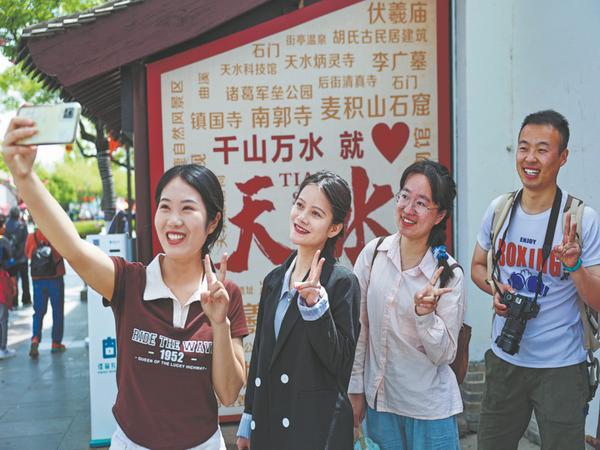
Two tourists take a selfie in Gansu province's Tianshui city, famous for its malatang, or spicy hotpot. (HOU CHONGHUI/FOR CHINA DAILY)
For instance, Tianshui in Northwest China's Gansu province gained widespread attention after a viral video featuring its malatang, or spicy hotpot, in 2024. By leveraging the buzz, Tianshui emerged as one of the top 10 dark-horse tourist destinations in China last year.
Similarly, in October 2024, hairstylist nicknamed Xiaohua from Huaihua, Central China's Hunan province, became an overnight sensation with a viral haircut video, garnering millions of likes.
Huaihua quickly capitalized on the trend by offering discounts at over 30 tourist attractions, homestays, restaurants and entertainment venues for visitors who showed proof of travel or a photo at Xiaohua's salon. Within just seven days, this initiative produced over 20 million yuan ($2.8 million) in on-site consumption and 120 million yuan in overall city spending, Song observes.
Personalized travel experiences, such as self-driving tours and solo travel, have become new trends in urban tourism. According to the green book, self-driving trips exceeded 4.6 billion in 2024. Solo travel, which emphasizes personal choice and freedom, saw a 25-percent increase in bookings on online platforms like Trip.com Group.
The rise of reverse tourism and alternative tourism reflects a shift in consumer preferences, the green book concludes.
Data from multiple online travel agencies shows that during the 2024 May Day holiday, third- and fourth-tier cities like Yangzhou of Jiangsu province and Luoyang of Henan province saw an average 11-percent increase year-on-year in tourism bookings, surpassing growth rates in first- and second-tier cities.
According to travel platform Mafengwo, searches and views for alternative tourism rose by 33.7 percent year-on-year, with Generation Z (born between the mid-1990s and 2009) and millennials accounting for nearly 60 percent of this trend.
The popularity of reverse tourism and alternative tourism underscores a broader change in travel consumption attitudes — moving away from blindly following trends to prioritizing value for money and fulfilling personal needs. This shift presents significant market opportunities for nontraditional destinations and emerging tourist cities, Song says.





























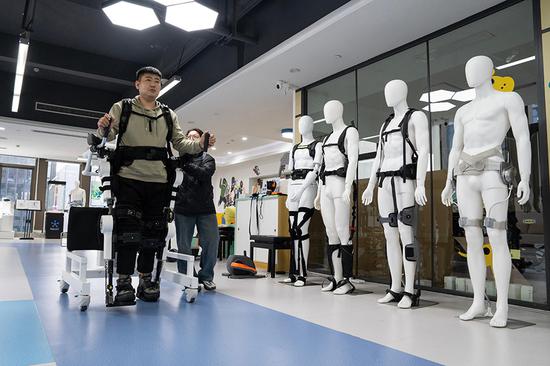

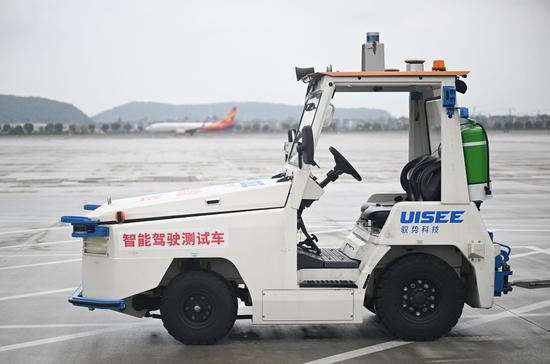
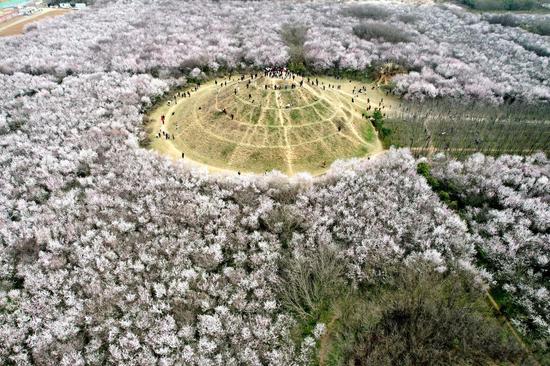
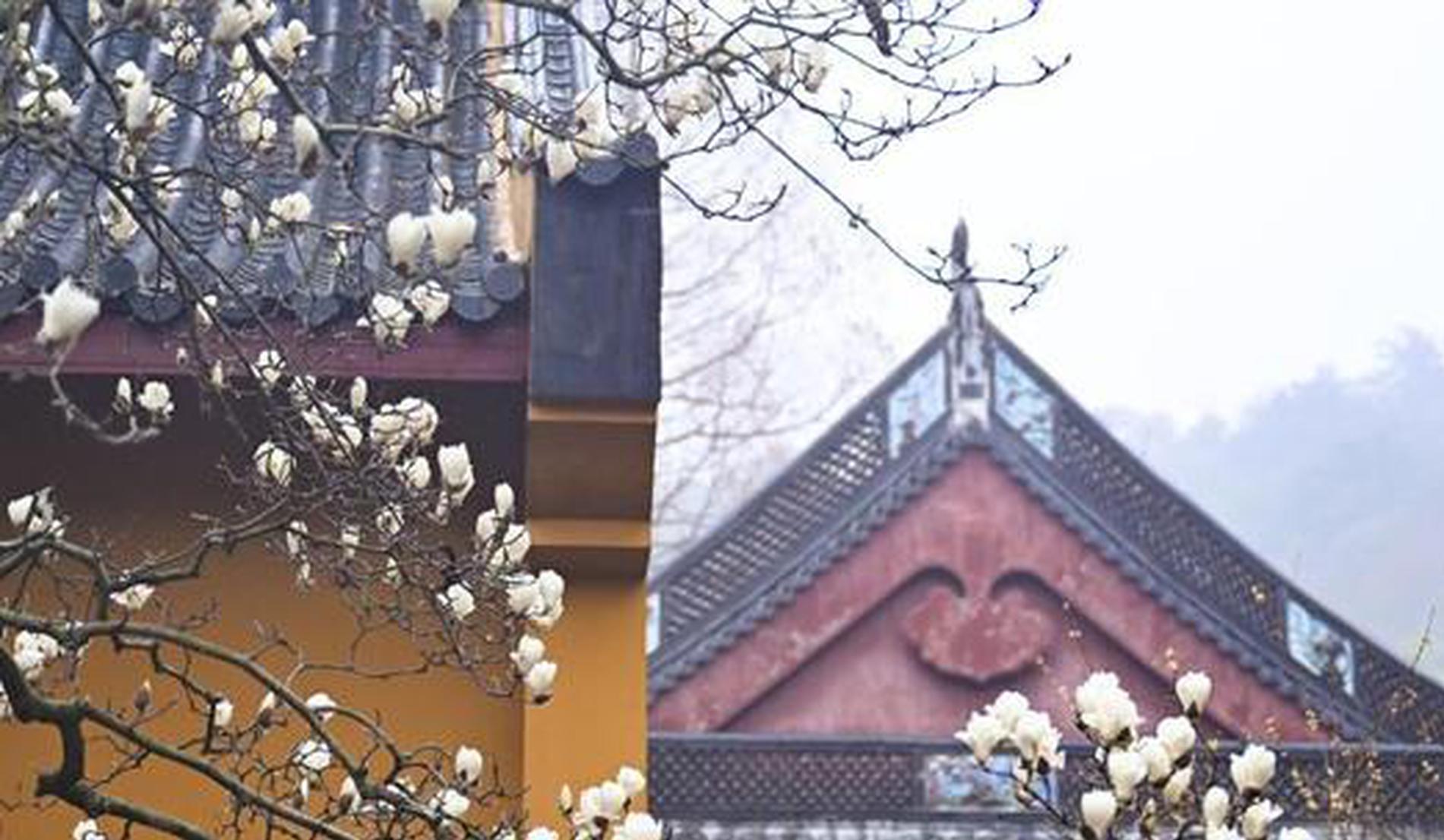





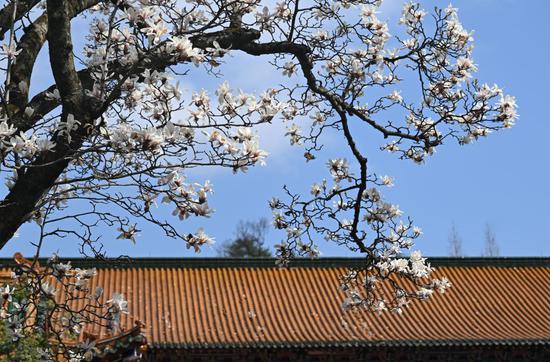
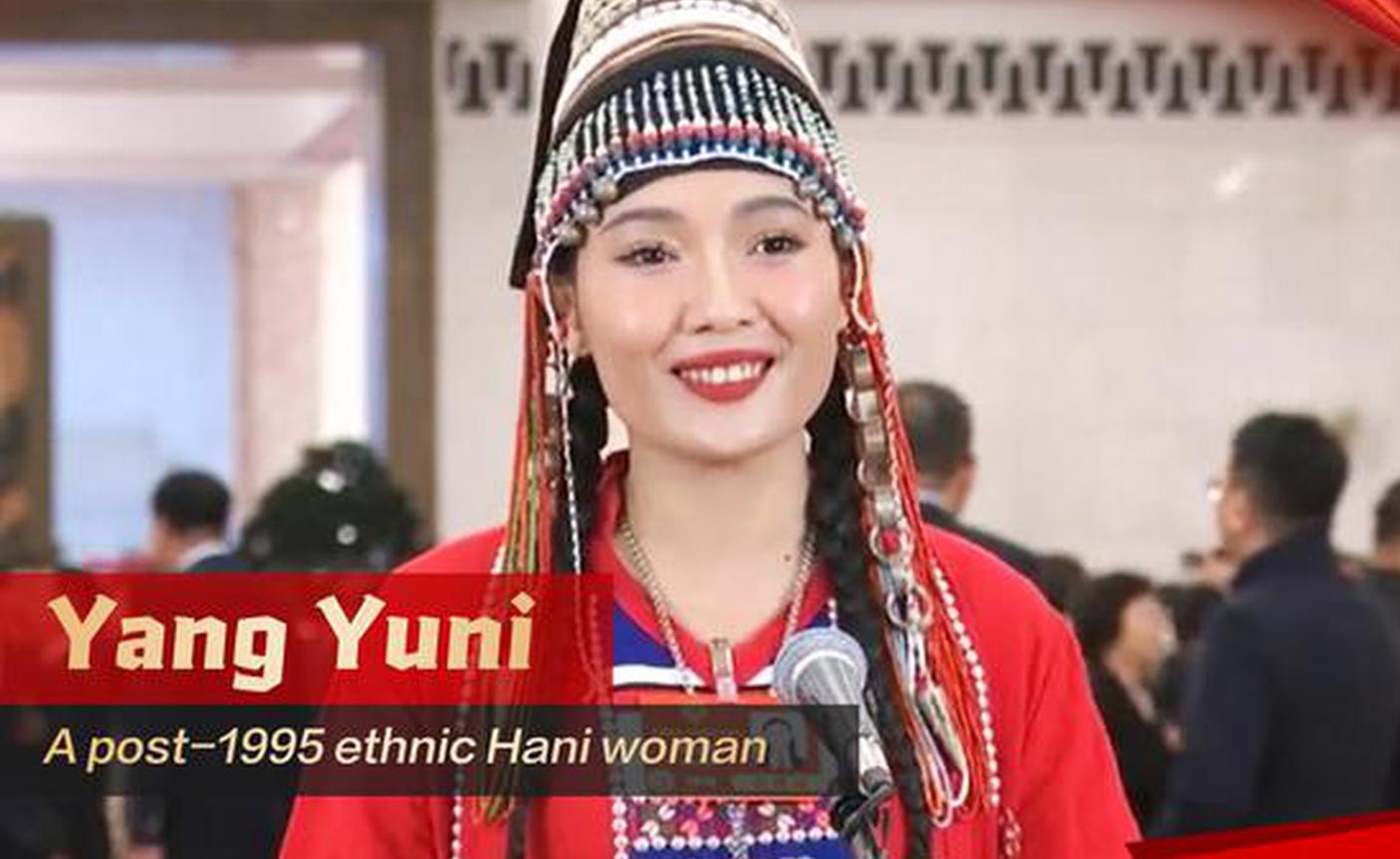
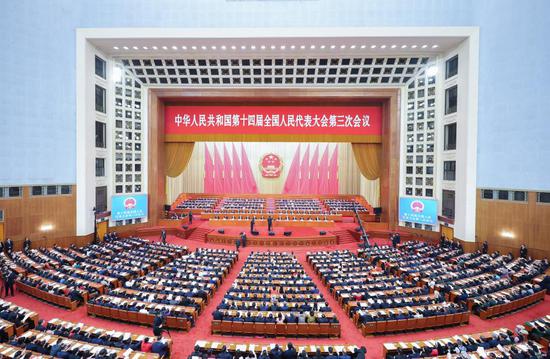
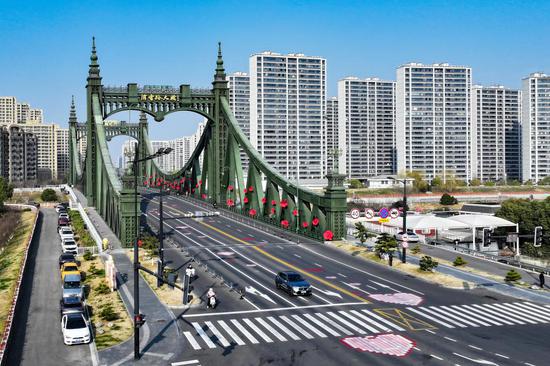
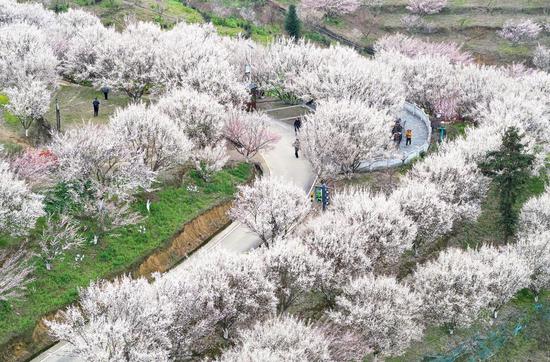




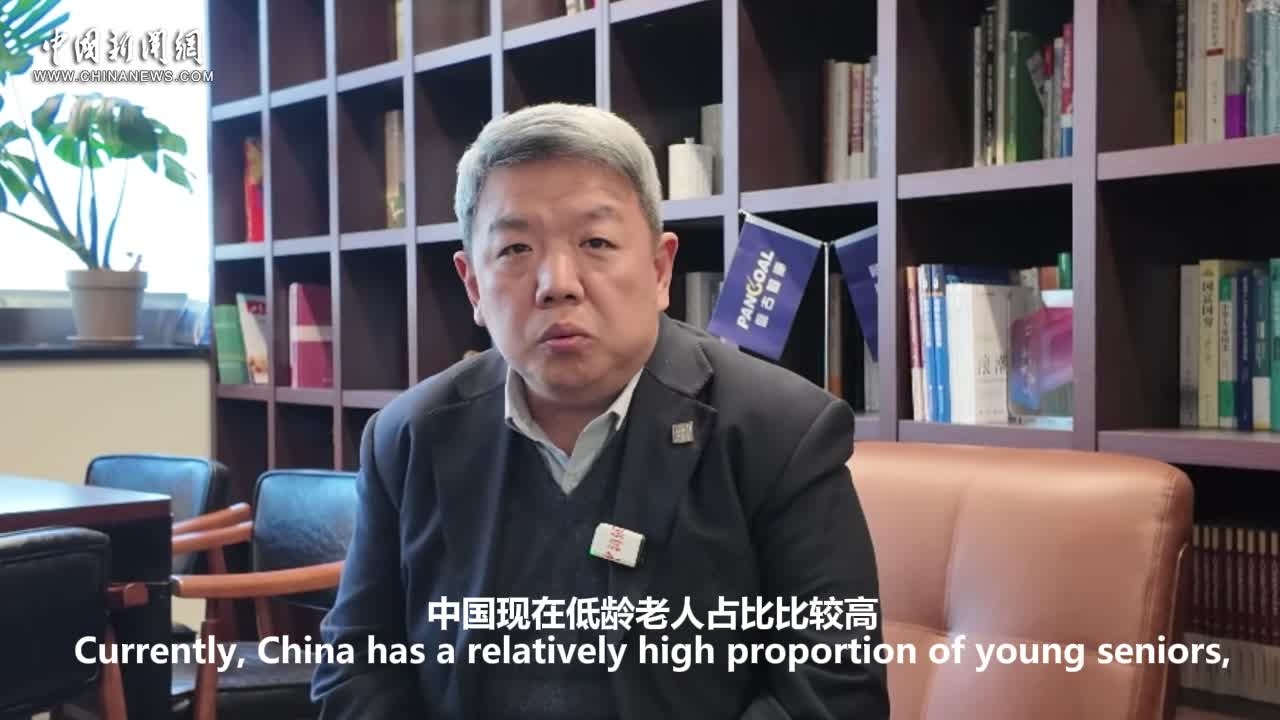

 京公網安備 11010202009201號
京公網安備 11010202009201號